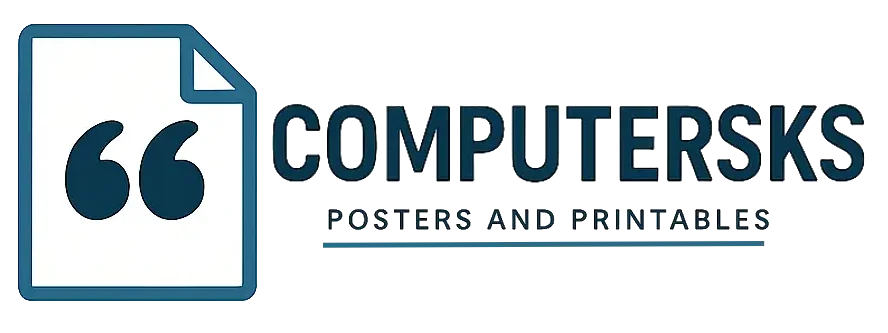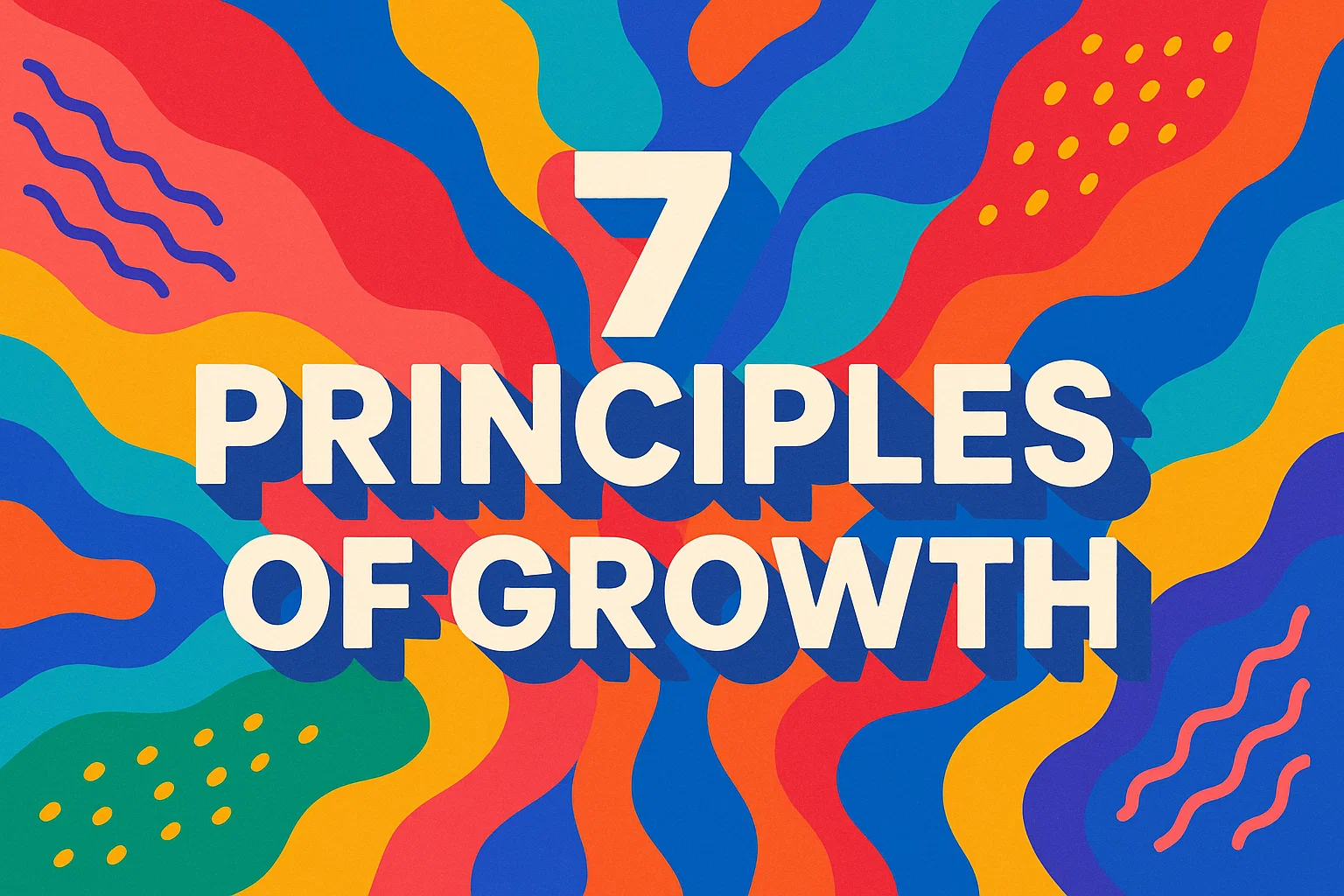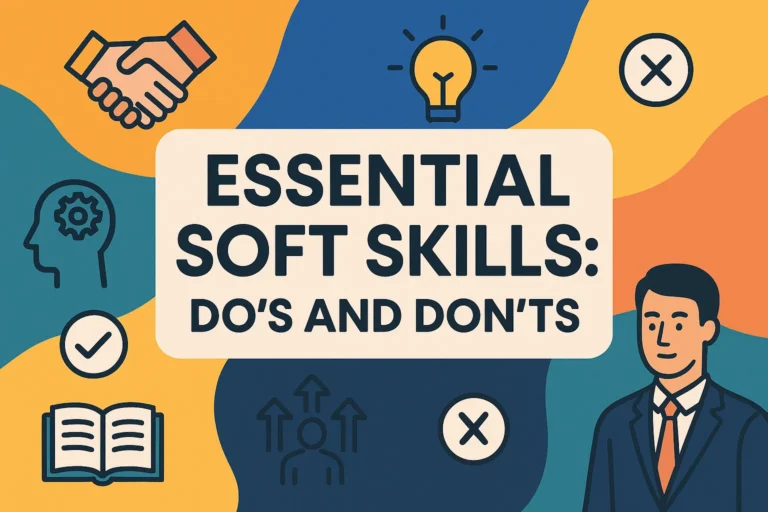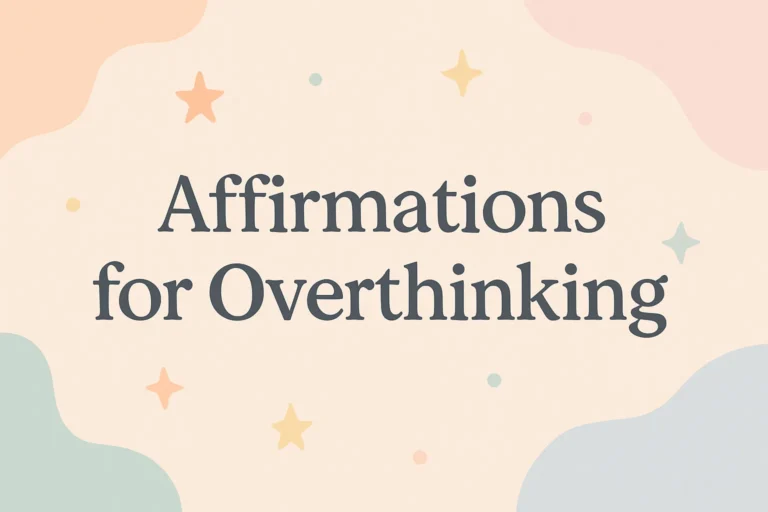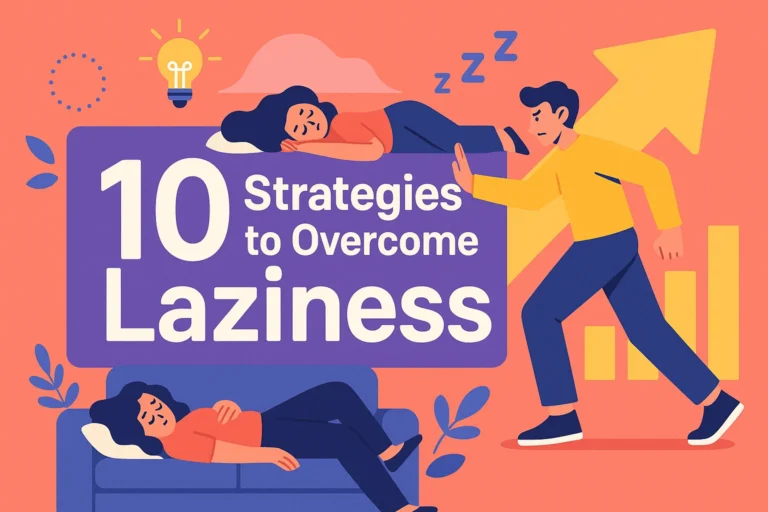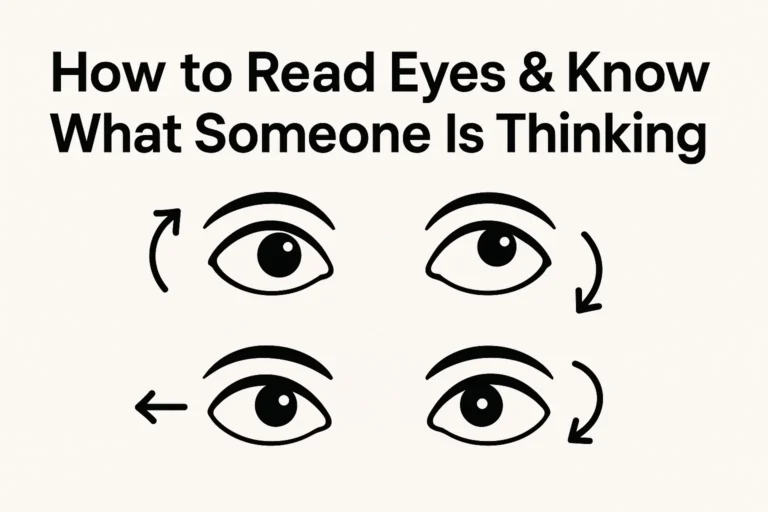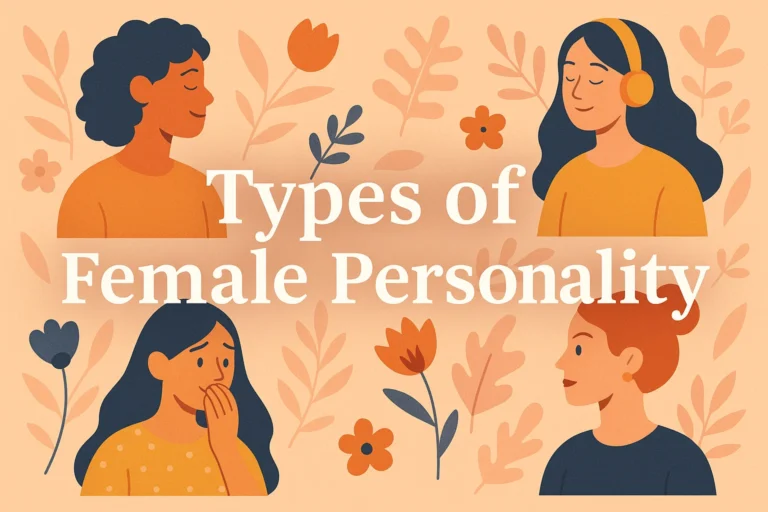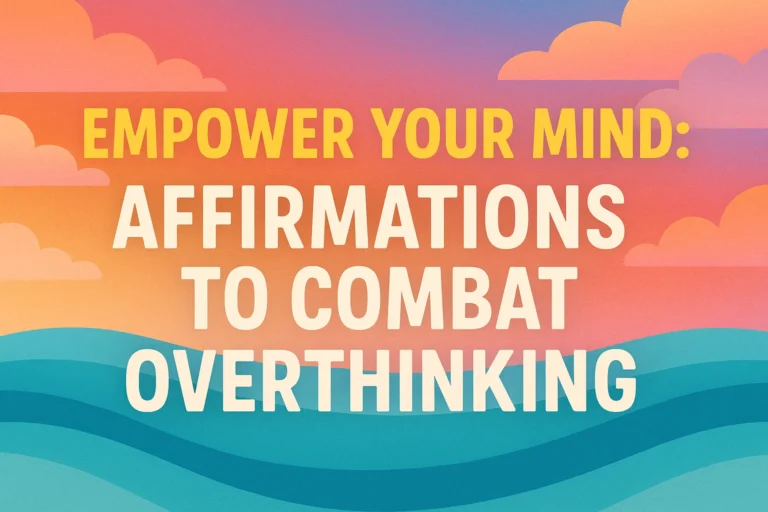7 Principles of Growth Essential Psychology Skills for Personal Development
Alright, let’s get real for a second. Ever feel like the whole “personal development” scene is just… a lot? A swirling vortex of 5 AM routines, 100-step life hacks, and enough inspirational quotes to make a fortune cookie blush? Yeah, me too.
It’s overwhelming. And honestly, a little impersonal. We get so caught up in the what—what app to download, what book to read, what habit to track—that we completely ignore the why. Why do some changes stick while others fizzle out after a week? Why can one person see a setback as a challenge and another sees it as a catastrophe?
The secret sauce isn’t a new productivity hack. It’s understanding the operating system we all run on: our own psychology. Once you get a handle on a few key principles, the whole “growth” thing becomes less of a chore and more of a fascinating, ongoing conversation with yourself.
So, grab a coffee, get comfortable, and let’s chat about the seven psychological principles that actually make personal development… well, personal.
1. Embrace the Growth Mindset (It’s Not Just a Buzzword, I Promise)
We’re starting with the big one. Popularized by psychologist Carol Dweck, this concept is the bedrock of everything else.
Think about it. Have you ever said, “I’m just not a math person,” or “I’m terrible at drawing”? That, my friend, is a fixed mindset talking. It’s the belief that our abilities are carved in stone. A growth mindset, on the other hand, is the belief that our abilities can be developed through dedication and hard work.
Fixed Mindset: “I failed. I’m a failure.”
Growth Mindset: “I failed. What can I learn from this?”
See the difference? One is an identity. The other is an event. Shifting your inner dialogue to a growth mindset transforms challenges from terrifying threats into interesting puzzles. It’s not about pretending you’re amazing at everything; it’s about believing you can get better at anything. IMO, this is the most important piece of the puzzle.
2. Get Intimate with Self-Awareness
You can’t change what you don’t see. It’s like trying to navigate a new city without a map—you’ll just keep ending up at the same frustrating dead ends.
Self-awareness is your internal GPS. It’s your ability to see your patterns: your emotional triggers, your default reactions, your hidden biases, and the stories you tell yourself. Ever snapped at a partner because you had a bad day at work? That’s a lack of self-awareness letting your emotions drive the bus.
How do you build it?
* Journaling: Don’t just log your day. Ask yourself why. “Why did that comment bother me so much?” “What was I really feeling when I made that decision?”
* Mindfulness: This isn’t just cross-legged chanting. It’s about checking in with yourself throughout the day. How’s your breath? Are your shoulders up by your ears? What’s the emotion behind the urge to scroll mindlessly?
Understanding your internal landscape is the first step to cultivating it.
3. The Art of Emotional Agility
Here’s a truth bomb: trying to “think positive” and bottle up “negative” emotions is exhausting and totally ineffective. It’s like holding a beach ball underwater—sooner or later, it’s going to rocket out and smack someone in the face.
Emotional agility, a concept from Susan David, is the skill of allowing yourself to feel all your feelings without being controlled by them. It’s about showing up with curiosity, not judgment.
Feel anxious about a presentation? Instead of “Ugh, I shouldn’t be anxious, I need to calm down!” try, “Hello, anxiety. I see you. You’re here because this is important to me. Thanks for the energy, but I’ve got this.”
You’re not your emotion; you’re the person experiencing the emotion. This tiny shift in perspective is a total game-changer for your mental resilience.
4. Your Environment is Your Secret Weapon
We love to believe in willpower. We picture it as this mighty muscle we can flex to overcome any temptation. But FYI, willpower is a finite resource that depletes faster than your phone battery on a night out.
The most reliable way to change your behavior? Stop relying on willpower and start designing your environment.
Want to eat healthier? Don’t keep junk food in the house. Want to read more? Put a book on your nightstand and charge your phone in another room. Want to waste less time on social media? Delete the apps from your phone.
You’re not weak-willed; you’re human. And humans are profoundly shaped by their surroundings. Make your environment work for you, not against you. It’s the ultimate life hack.
5. The Magic of Process Over Outcome
We’re hardwired for results. We set a goal—”lose 20 pounds,” “get a promotion,” “write a book”—and we fixate on it. But what happens? The goal feels miles away, we get discouraged, and we quit.
The alternative? Fall in love with the process.
The outcome is a destination, but the process is the journey. And you have to enjoy the drive! If you hate running, setting a goal to run a marathon is a recipe for misery. Instead, focus on the identity and the actions.
- Outcome Goal: “I want to be a writer.”
- Process Goal: “I am someone who writes 300 words every morning.”
The second one is completely within your control. You can’t control if a publisher likes your book, but you can control showing up at your desk. Celebrate the action itself, and the outcomes will follow. It takes the pressure off and makes growth sustainable.
6. The Power of Imperfect Action
Perfectionism is just procrastination in a fancy disguise. It’s the voice that says, “Don’t start until you know exactly how to do it perfectly.” Newsflash: you never will.
The principle here is simple: Done is better than perfect.
Launch the mediocre website. Send the okay email. Have the awkward conversation. Write the bad first draft. You can’t edit a blank page. Every imperfect action is a data point. It teaches you what works and what doesn’t, so your next action can be slightly better.
I used to want every article I wrote to be a masterpiece out of the gate. I’d stare at a blank screen for hours. Now? I just vomit the ideas onto the page (charming, I know). The magic happens in the edit. The pressure is gone, and I actually get things finished. Who knew? 🙂
7. Cultivate a Circle of Authentic Connection
We’re social creatures. Our personal development isn’t a solo mission; it’s a team sport. Who you surround yourself with matters more than almost anything else.
This isn’t about networking. It’s about finding your psychological safe space—the people you can be your messy, imperfect, trying-your-best self with. The ones who won’t judge you for your failures but will high-five you for trying.
These are the people who will:
* Give you honest feedback (with love).
* Challenge your limiting beliefs.
* Celebrate your tiny wins like they just won the lottery.
Growth in a vacuum is nearly impossible. We need mirrors to see ourselves clearly and cheerleaders to keep us going when it gets tough. Invest in these relationships. They’re the ultimate growth multiplier.
So, What Now?
See? It’s not about another complicated system. It’s about these fundamental principles. This isn’t a to-do list to crush by Friday. It’s a gentle, ongoing practice.
Pick one. Just one. Maybe this week, you simply notice when your fixed mindset voice pipes up. Next week, you might rearrange your living room to make reading easier.
Personal development isn’t about becoming a perfect, optimized robot. It’s about becoming a more aware, agile, and authentic version of yourself. And that’s a journey worth taking, one imperfect step at a time. Now, if you’ll excuse me, I’ve got some beach balls to stop holding underwater.
